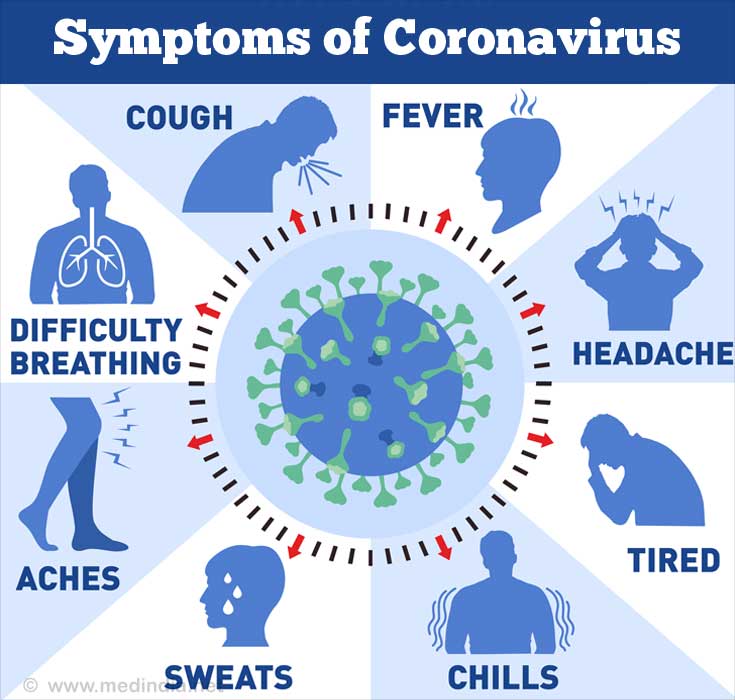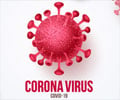- Human Coronavirus Types - (https://www.cdc.gov/coronavirus/types.html)
- About 2019 Novel Coronavirus (2019-nCoV) - (https://www.cdc.gov/coronavirus/2019-ncov/about/index.html)
- How 2019-nCOV spreads - (https://www.cdc.gov/coronavirus/2019-ncov/about/transmission.html)
- Novel Coronavirus (2019-nCoV) and You - (https://www.cdc.gov/coronavirus/2019-ncov/downloads/2019-ncov-factsheet.pdf)
What are the Types of Coronavirus?
There are 4 genera of coronaviruses, viz. alpha, beta, gamma, and delta. The 6 types of confirmed human coronaviruses HCoV fall within the alpha and beta coronaviruses:
Alpha-coronavirus
- HCoV-NL63
- HCoV-229E
Beta-coronavirus
- HCoV-OC43
- HCoV-HKU1
- SARS-CoV
- MERS-CoV
The seventh novel human beta-coronavirus is the 2019-nCoV is 80% similar in genetic sequence to the SARS virus.
In most cases, humans experience a common cold if they are infected either with NL63, 229E, OC43, or HKU1. When coronaviruses that infect animals transform themselves and infect humans, they tend to cause fatal outcomes, e.g. MERS, SARS, 2019-nCoV.(9✔ ✔Trusted Source
Human Coronavirus Types
Go to source)
What are the Causes of Coronavirus?
Coronaviruses live in animal hosts, such as bats, camels, cats, and cattle. Coronaviruses keep shifting hosts frequently and hence, there are transmission events from bats to palm civets to humans (in SARS), or from bats to dromedary camels to humans (in MERS). The surface S (spike) protein on the virus helps in attaching to the host surface and penetrating the host.(10✔ ✔Trusted Source
About 2019 Novel Coronavirus (2019-nCoV)
Go to source, 11✔ ✔Trusted Source
How 2019-nCOV spreads
Go to source)
What are the Symptoms of Coronavirus?
The symptoms of human coronaviruses are quite similar to those of a common cold or the flu. In this new strain of coronavirus, symptoms appear about a week after the infection has occurred hence it spreads more rapidly. Despite the similarity, a different virus causes each condition.
Symptoms of human coronavirus infections are listed below:
- Runny nose
- Cough
- Sneezing
- Fever
- Difficulty breathing
- Shortness of breath, problems due to rapid respiration, and even failure to breathe
- Pneumonia in severe conditions
- Severe acute respiratory syndrome
- Kidney failure
- Death in certain immunocompromised cases (those people who have other health complications)

In general, coronaviruses cause diseases in the liver, brain, gut, and the respiratory system.(12✔ ✔Trusted Source
Novel Coronavirus (2019-nCoV) and You
Go to source)














